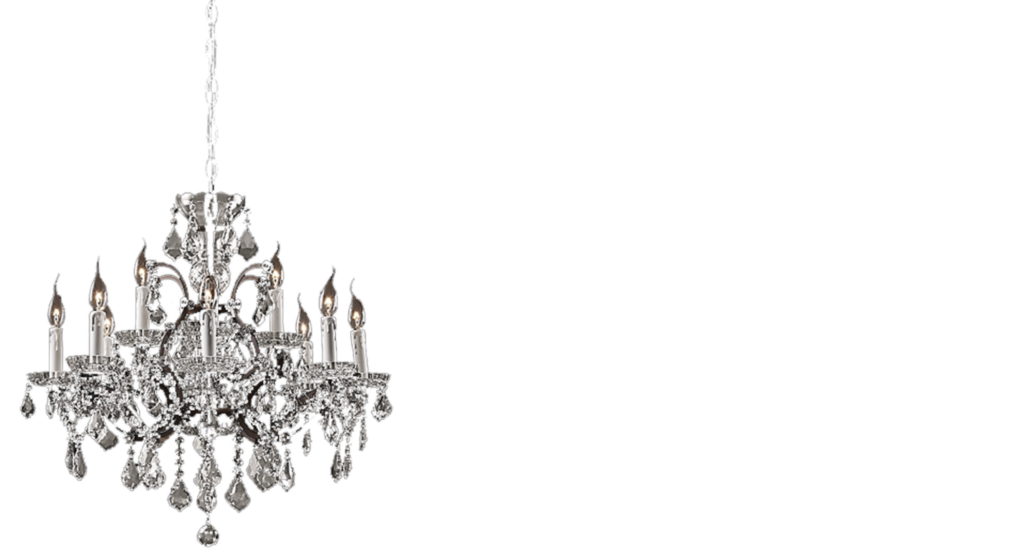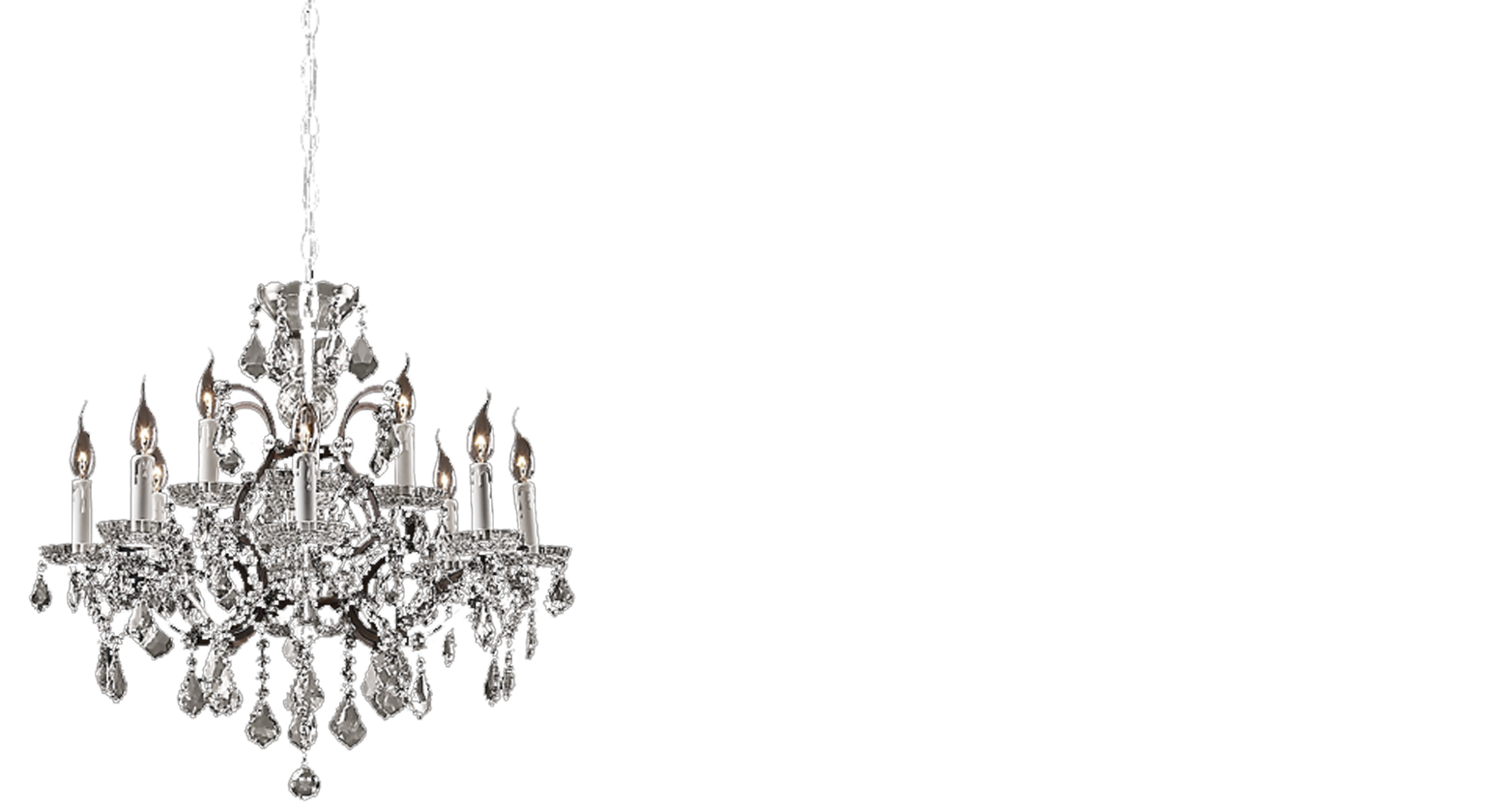Unipolar mood disorder, often referred to as unipolar depression or major depressive disorder (MDD), is a mental health condition characterized by a persistently low mood and a lack of interest in previously enjoyed activities. Unlike bipolar disorder, which involves shifts between depressive and manic episodes, unipolar mood disorder is marked solely by periods of depression. Individuals with unipolar depression may experience symptoms such as feelings of worthlessness, low self-esteem, fatigue, and an overall sense of hopelessness. According to the Diagnostic and Statistical Manual of Mental Disorders (DSM-5), major depressive episodes are necessary for a diagnosis, with symptoms like weight gain or loss, severe fatigue, and loss of interest in activities persisting for at least two weeks.
For those seeking treatment, various options are available that can significantly improve quality of life and reduce depressive symptoms. Common treatments include antidepressant medications, such as selective serotonin reuptake inhibitors (SSRIs), which help balance neurotransmitters like serotonin and norepinephrine. Additionally, psychotherapy, particularly cognitive behavioral therapy (CBT), has been proven effective in managing MDD by helping individuals identify and challenge negative thought patterns. Advanced therapies like Transcranial Magnetic Stimulation (TMS) and ketamine therapy are also becoming more accessible and are particularly beneficial for treatment-resistant depression. Finding the right treatment plan with a licensed mental health professional or psychiatrist can be a crucial step in managing unipolar mood disorder effectively.
Symptoms of Unipolar Mood Disorder
Unipolar mood disorder, or major depressive disorder, presents with a range of symptoms that can deeply impact daily functioning and overall well-being. These symptoms often vary in intensity but typically involve a persistently low mood and a loss of interest in activities that once brought joy. Recognizing these symptoms is crucial for early intervention and effective treatment.
Common Symptoms of Unipolar Mood Disorder:
- Persistent feelings of sadness or hopelessness
- Loss of interest or pleasure in most activities (anhedonia)
- Changes in appetite, leading to significant weight loss or gain
- Sleep disturbances, such as insomnia or oversleeping
- Fatigue or low energy throughout the day
- Feelings of worthlessness or excessive guilt
- Difficulty concentrating, making decisions, or staying focused
- Physical symptoms, such as unexplained aches and pains
- Restlessness or slowed movements
- Suicidal thoughts or self-harm behaviors
Symptoms of unipolar mood disorder can range from mild to severe and may fluctuate over time. Seeking help from a mental health professional can provide clarity and support in managing these symptoms. With the right treatment, such as psychotherapy, antidepressant medications, and lifestyle changes, individuals can work toward improved mood stability and overall mental health.
Unipolar vs. Other Types of Depression
Unipolar mood disorder, or major depressive disorder (MDD), differs significantly from other types of depression in both symptom patterns and treatment approaches. While unipolar depression is marked by a persistently low mood without episodes of mania or hypomania, other forms of depression, such as bipolar depression and seasonal affective disorder, involve distinct mood patterns and triggers. These differences influence the types of interventions that might be effective, as each type of depression has unique characteristics that require specific therapeutic approaches.
Types of Depression Compared to Unipolar Depression:
- Bipolar Depression: Characterized by alternating episodes of depression and mania or hypomania, with mood shifts that are more intense than those in unipolar depression.
- Persistent Depressive Disorder (Dysthymia): A chronic, lower-grade depression lasting for at least two years, where symptoms are less severe but consistently present.
- Seasonal Affective Disorder (SAD): A type of depression that occurs seasonally, often in winter, due to reduced sunlight exposure and is linked to changes in circadian rhythms.
- Postpartum Depression: Depression that can occur in mothers following childbirth, with symptoms often tied to hormonal shifts and life changes.
- Atypical Depression: Involves typical depressive symptoms with some unique aspects, like increased appetite, hypersomnia, and sensitivity to rejection.
- Psychotic Depression: A severe form of depression that includes psychotic features, such as hallucinations or delusions related to depressive themes.
Understanding the distinctions between unipolar depression and other types of depression helps healthcare providers tailor treatments for each individual’s needs. By working with a mental health professional, individuals can receive a precise diagnosis and find a treatment plan that considers the specific type and nature of their depressive symptoms.
Treatment Options for Unipolar Mood Disorder
Treating unipolar mood disorder involves a variety of approaches, tailored to each individual’s symptoms, medical history, and lifestyle. A comprehensive treatment plan typically includes a combination of psychotherapy, medication, and, for some, advanced therapies. Each option targets different aspects of depression, providing a well-rounded approach to improve mood stability, boost energy levels, and enhance overall mental health. With professional guidance, individuals can explore the treatments most suitable for their needs and experiences.
Psychotherapy
Psychotherapy, often considered the first line of treatment for unipolar mood disorder, helps individuals understand and change thought patterns and behaviors contributing to depression. Cognitive Behavioral Therapy (CBT) is particularly effective, focusing on identifying negative thought patterns and replacing them with healthier, more constructive ways of thinking. Other approaches, like Interpersonal Therapy (IPT) and Psychodynamic Therapy, also provide valuable insights, helping individuals build coping strategies and improve relationships that might impact their mental health.
Antidepressant Medications
Antidepressant medications are frequently prescribed to manage symptoms of unipolar depression by balancing neurotransmitters in the brain. Selective serotonin reuptake inhibitors (SSRIs) are the most common, helping to increase serotonin levels and stabilize mood. Other types include serotonin and norepinephrine reuptake inhibitors (SNRIs), tricyclic antidepressants, and atypical antidepressants. While medications can be effective, they often require time to find the right type and dosage, and some individuals may experience side effects. A psychiatrist or primary care doctor can help monitor progress and adjust treatment as necessary.
Transcranial Magnetic Stimulation (TMS)
TMS is an advanced therapy for individuals who have not responded to traditional treatments. This non-invasive procedure uses magnetic fields to stimulate nerve cells in the brain associated with mood regulation. TMS is typically administered in a clinical setting and is FDA-approved for treatment-resistant depression, showing promise in reducing depressive symptoms without the systemic side effects often associated with medication.
Ketamine Therapy
Ketamine therapy has emerged as an innovative option, especially for those experiencing severe or treatment-resistant depression. Delivered through an intravenous (IV) infusion or nasal spray, ketamine can have rapid antidepressant effects by influencing glutamate, a neurotransmitter tied to mood regulation. Luxury Psychiatry Clinic offers this therapy as an advanced treatment, providing patients with relief that traditional options may not achieve. Close monitoring by healthcare professionals ensures safety and maximizes the therapy’s effectiveness.
Lifestyle Modifications
In addition to clinical treatments, lifestyle changes can support overall well-being and enhance the effectiveness of other interventions. Regular exercise, a balanced diet, sufficient sleep, and mindfulness practices like meditation have all been shown to benefit mental health. While lifestyle changes may not replace clinical treatments, they can contribute to long-term recovery and resilience, helping individuals manage symptoms and maintain a stable mood.
Find Treatment for Unipolar Depression Today
If you or a loved one is struggling with unipolar depression, know that effective treatment is within reach. Unipolar mood disorder can be challenging, but with the right support and treatment, recovery is possible. At Luxury Psychiatry Clinic, we offer comprehensive and personalized care plans that include psychotherapy, medication management, advanced therapies like TMS and ketamine, and lifestyle support. Our dedicated team of mental health professionals is committed to guiding you on a path toward lasting relief and improved well-being.
Don’t wait to take the next step toward a brighter future. Contact Luxury Psychiatry Clinic today to learn more about our treatment options for unipolar depression and how we can support you on your journey to mental wellness.





















